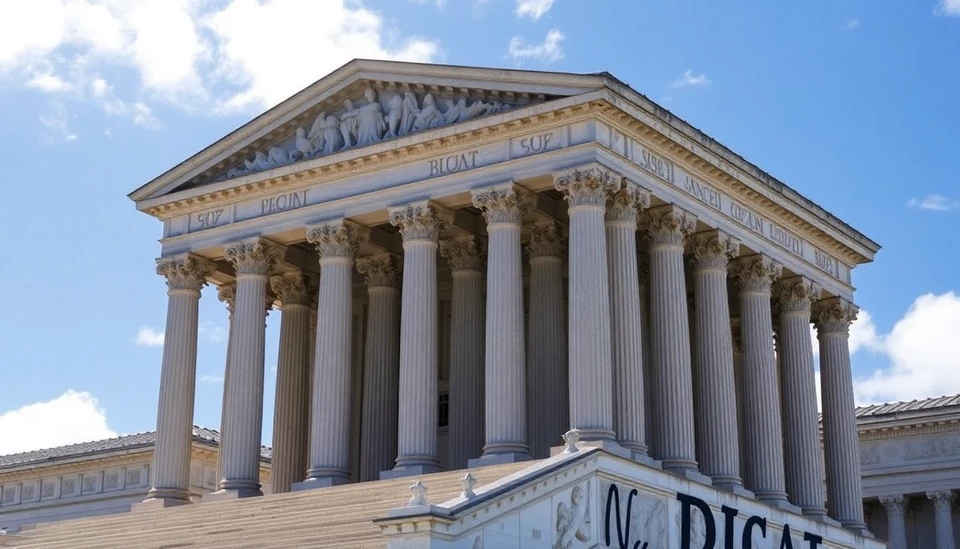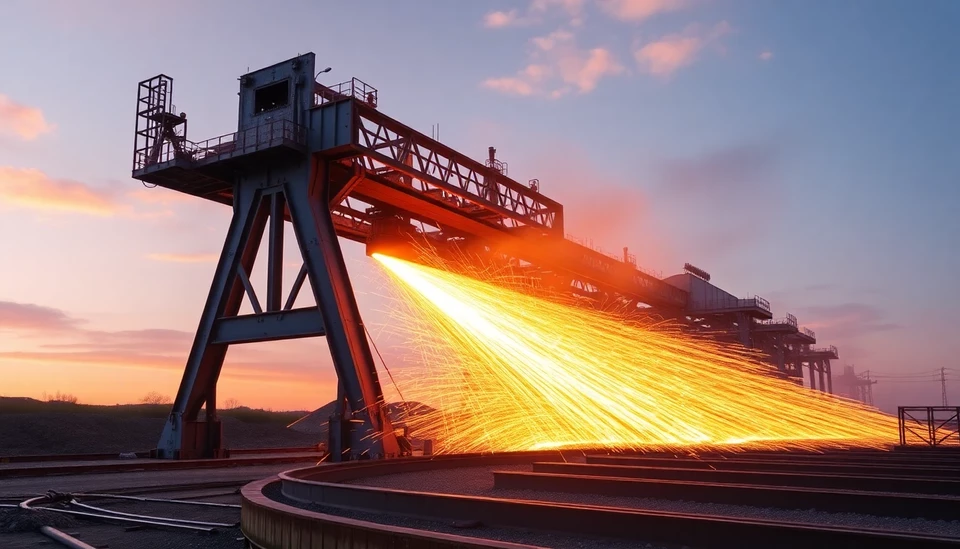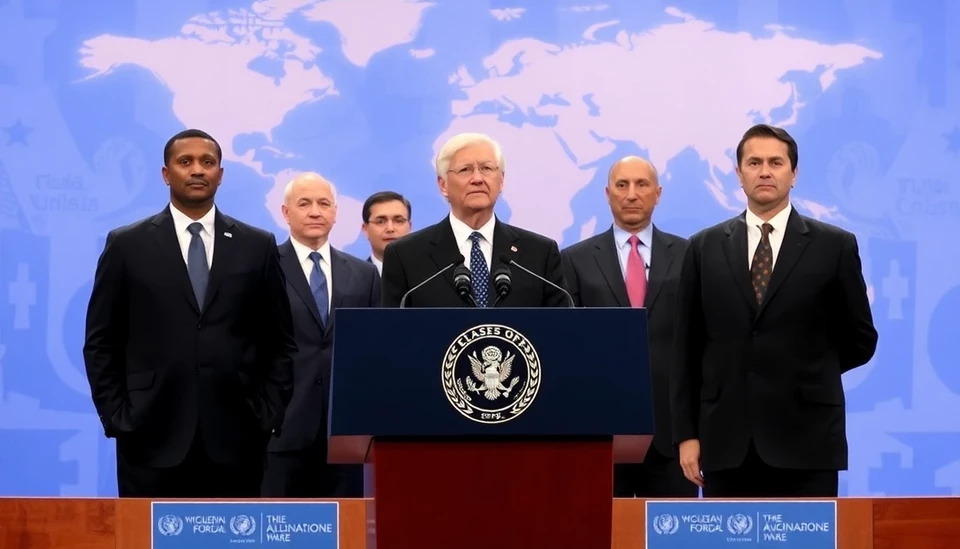
In a significant legal development, the U.S. Supreme Court has opted not to hear an appeal from major oil companies, effectively upholding a lower court's ruling related to a landmark climate lawsuit initiated by the state of Hawaii. This decision marks a crucial moment in the ongoing battle between state authorities seeking accountability for climate change and the fossil fuel industry.
The lawsuit, filed against several prominent oil companies, accused them of contributing to climate change through their production and promotion of fossil fuels. Hawaii's state government has been at the forefront of climate action, seeking to protect its islands and residents from the adverse impacts of rising sea levels, extreme weather, and other climate-related dangers.
The oil companies, which include some of the biggest names in the industry, argued that the lawsuit should be dismissed based on the grounds that such cases belong in federal court rather than state courts. However, lower courts ruled in favor of Hawaii, stating that the state had the right to bring the suit in pursuit of accountability from those whose actions have allegedly damaged the environment.
This refusal by the Supreme Court to intervene represents a significant setback for the oil companies, who were seeking to shield themselves from being held responsible under state law. Legal experts note that the decision could set an important precedent for future climate litigation against the fossil fuel industry, as it signals that states have the authority to pursue such environmental cases.
The coalition of oil companies involved in this appeal included major players like ExxonMobil and Chevron, who have been under increasing scrutiny as public concern about climate change grows. The rejection also comes at a time when many states are reassessing their energy strategies and working diligently to lessen their reliance on fossil fuels in favor of cleaner and more sustainable energy sources.
Hawaii's Attorney General expressed gratitude for the court's decision, highlighting the importance of holding corporations accountable for their role in climate change. "This ruling empowers us as a state to continue our fight against big oil for the sake of our residents and our planet," they stated.
As the world increasingly grapples with the realities of climate change and its dire consequences, this case serves as a reminder of the ongoing struggle between environmental protection efforts and the powerful fossil fuel industry. The fight in Hawaii is indicative of a broader trend where states are becoming more proactive in addressing environmental issues and seeking justice against corporations that contribute to climate-related damages.
In conclusion, the Supreme Court's decision not to hear the case marks a pivotal moment in climate litigation, potentially paving the way for similar lawsuits across the nation and invigorating the efforts of states determined to combat climate change.
#ClimateAction #Hawaii #SupremeCourt #FossilFuelAccountability #LegalPrecedents #ClimateLitigation
Author: Peter Collins




